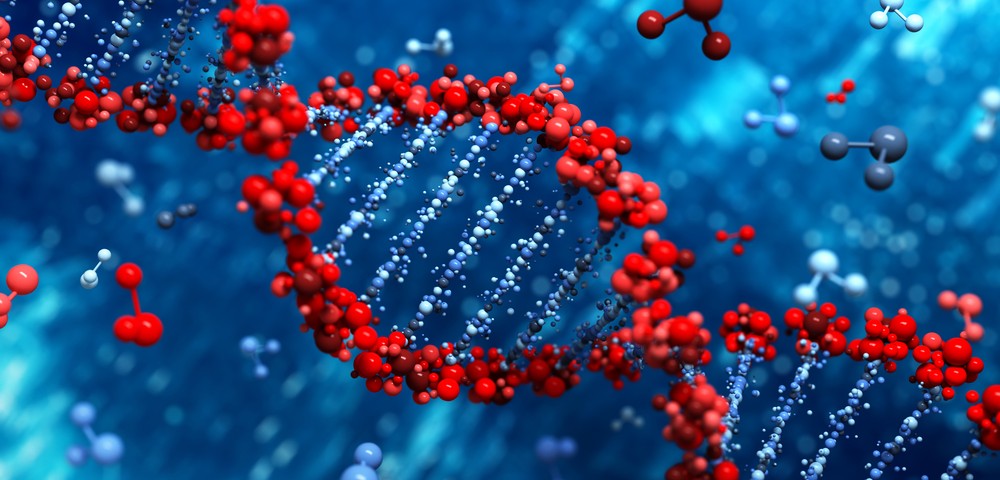Proper balance among the four DNA building blocks, known as dNTPs, needs to be maintained during cell replication to avoid potential mutations. Now, researchers at Umeå University in Sweden have found that a disruption in the levels of dNTPs is linked to colon cancer.
The study, “Heterozygous colon cancer-associated mutations of SAMHD1 have functional significance,” was published in the Proceedings of the National Academy of Sciences.
“Together with other researchers, we have previously shown that small changes in the levels of DNA building blocks increase the mutation rates in yeast cells,” said Professor Andrei Chabes, the study’s lead author, in a press release. “This is what got us interested in studying the proteins involved in the regulation of dNTP in cancerous cells. Our objective was to identify mutations that affect dNTP levels and thus increase the mutation rate in cancer cells.”
Researchers, led by Professor Chabes, demonstrated that sterile alpha motif and histidine-aspartate domain-containing protein (SAMHD1), a protein involved in the breakdown of dNTPs, is frequently mutated in colon cancer cells. Such mutations, often found in tumors, decrease SAMHD1 activity and ability to decrease the dNTP pool, leading to imbalanced dNTP levels. These changes affect the nucleotide selectivity by DNA polymerases — the proteins that replicate the DNA during cell division — and induce incorrect incorporation of nucleotides. This problem wouldn’t be so heightened if the cell’s ability to detect and repair errors in nucleotide incorporation was intact. However, in most cancers, the proteins responsible for that function are also mutated and unable to work properly.
“What’s so remarkable about our observation is that even if only one of the two SAMHD1 gene copies is lost, it affects dNTP levels with an increased mutation rate as a result. Together with a deficiency in the protein MLH1, which is involved in the correction of mutations and is often mutated in colon cancers, we can see a huge increase in the number of emerging mutations,” Professor Chabes said.
Investigators believe that these results will eventually lead to similar discoveries, either in other cancers or in other proteins involved in the maintenance of dNTP levels. “SAMHD1 is only one of several dozen proteins involved in the regulation of dNTPs. In theory, a change in function in any of these proteins can affect dNTP levels. We are merely showing the principle. It now remains to be seen how changes in dNTP levels affect the development of colon cancer and if changes in dNTP levels occur in other cancers,” Professor Chabes added.


